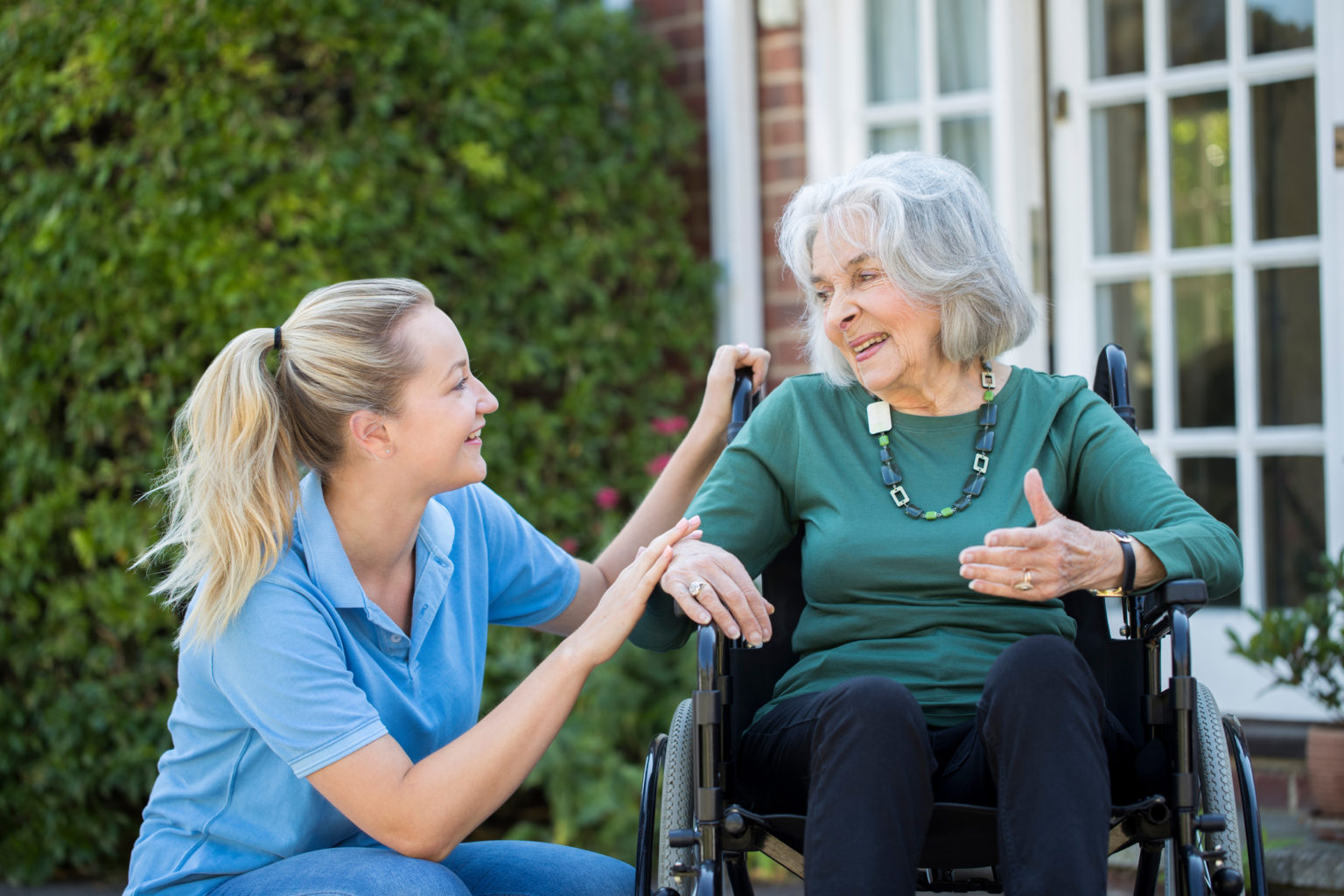Being a good caregiver involves providing physical, emotional, and sometimes medical support to individuals who may be elderly, disabled, or ill. Whether you are caring for a family member, a friend, or as a professional caregiver, here are some key principles and tips to help you excel in this role:
1. Develop Empathy
Empathy is the ability to understand and share the feelings of another. Put yourself in the shoes of the person you are caring for, and try to understand their needs, emotions, and experiences.
2. Communicate Effectively
Clear and compassionate communication is vital. Listen actively to the person you are caring for, and encourage them to express their feelings and concerns. Be patient and respectful in your conversations.
3. Be Patient
Caregiving can be challenging, and some tasks may take longer than expected. Patience is crucial, especially when dealing with individuals who have cognitive or physical limitations.
4. Provide Personalized Care
Every person’s needs and preferences are unique. Tailor your care to the individual’s specific requirements, whether it’s related to medication management, dietary restrictions, or daily routines.
5. Maintain Boundaries
While caregiving can be emotionally demanding, it’s essential to maintain personal boundaries. Balance your caregiving responsibilities with self-care to prevent burnout.
6. Stay Informed
Educate yourself about the medical conditions, disabilities, or challenges the person you are caring for faces. This knowledge will help you provide better care and understand their needs.
7. Promote Independence
Encourage and support the person in maintaining their independence to the extent possible. Allow them to participate in decisions about their care and daily activities.
8. Ensure Safety
Create a safe environment to prevent accidents and injuries. This includes removing hazards, ensuring proper lighting, and providing necessary assistive devices.
9. Seek Support
Caregiving can be emotionally taxing. Reach out to support groups, therapists, or counselors to help you manage stress and emotional challenges. Don’t hesitate to ask for help from family and friends when needed.
10. Maintain Hygiene and Cleanliness
Assist with personal hygiene tasks such as bathing, grooming, and toileting. Ensure a clean and comfortable living environment.
11. Medication Management
If the person you are caring for requires medication, ensure they take it as prescribed. Keep a record of medications, doses, and any side effects.
12. Be Attentive to Nutrition
Ensure that the person you are caring for receives proper nutrition. Prepare balanced meals, accommodate dietary restrictions, and monitor their eating habits.
13. Monitor Health
Keep an eye on the person’s health by regularly checking vital signs (blood pressure, temperature, etc.) and observing for any changes in their condition. Report any concerns to healthcare professionals.
14. Respect Privacy and Dignity
Treat the person you are caring for with respect and dignity. Be discreet about personal matters and always maintain their privacy.
15. Continuously Learn and Adapt
Be open to learning new caregiving techniques and adapting to changing circumstances. The needs of the person you are caring for may evolve over time.
16. Take Care of Yourself
Caring for yourself is essential to provide effective care to others. Get enough rest, eat well, exercise, and seek emotional support when needed.
Conclusion
Remember that being a good caregiver is a noble and challenging role. It requires dedication, compassion, and a commitment to the well-being of the person you are caring for. By following these principles and continuously improving your caregiving skills, you can make a significant positive impact on the lives of those you care for.






